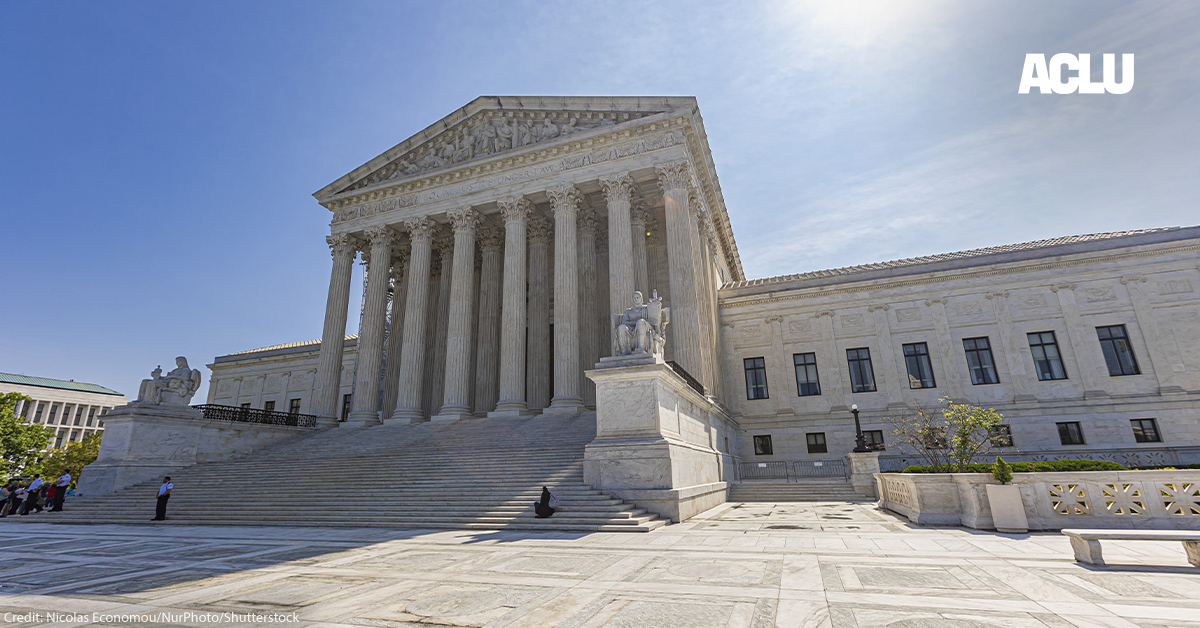
Carpenter v. United States
Amicus Curiae Brief
A “friend of the court” or amicus, brief is filed by someone not a direct party to the case, but who has an interest in its outcome. These briefs seek to supplement the merits briefs by offering the Court additional arguments and information. Amicus briefs can be filed at the merits stage or at the certiorari stage.
What's at Stake
This case concerns the First Step Act of 2018, in which Congress made major reductions to the mandatory minimum sentences for certain federal drug and firearm offenses. These changes result in sentences many decades shorter than were required under the previous laws. The question in this case was whether people who were initially sentenced prior to enactment of the First Step Act, but whose sentences were vacated and remanded for resentencing after enactment of the law, can benefit from its major reductions in applicable mandatory minimums. For defendants like Mr. Carpenter, who was originally sentenced to a draconian 116 years in prison as a result of the pre-First Step Act mandatory minimums, applying the First Step Act can mean the difference between dying in prison and having the opportunity to eventually go free. Unfortunately, although there is a split among federal courts of appeals on this question, the Supreme Court denied cert in this case in February 2024.
Summary
In December 2023, the ACLU filed an in Carpenter v. United States, in support of Timothy Carpenter’s cert petition seeking Supreme Court review of an important question of federal sentencing law. The ACLU previously represented Mr. Carpenter in an earlier phase of his case, resulting in a landmark Fourth Amendment ruling requiring a warrant for police access to people’s cell phone location history. The ruling on that issue did not end Mr. Carpenter’s criminal case, and after further proceedings in the lower courts, he sought Supreme Court review of a question concerning applicability of major sentencing reductions enacted by Congress in 2018.
In the First Step Act of 2018, Congress made major reductions to mandatory minimum sentences for certain federal firearms and controlled substance convictions. The question raised by Mr. Carpenter’s case is whether someone who was initially sentenced under the draconian mandatory minimums prior to the First Step Act, but whose sentence is vacated and remanded for resentencing after the effective date of the Act, can benefit from its major reductions in applicable mandatory minimums. Resolution of this question is important given the huge reductions in sentences available to defendants if the First Step Act applies. Mr. Carpenter, for example, would have had 80 years taken off of his sentence (dropping from 116 to approximately 36 years) if the First Step Act were applied to him at resentencing.
Decision: Carpenter v. United States
Although there is a split among federal courts of appeals on this question, the Supreme Court denied cert in this case in February 2024.
Legal Documents
-
12/18/2023
Amicus Curiae Brief in Support of Petitioner
Date Filed: 12/18/2023
Court: United States Supreme Court